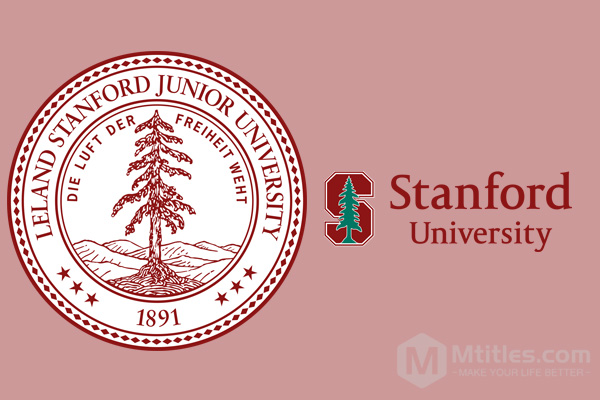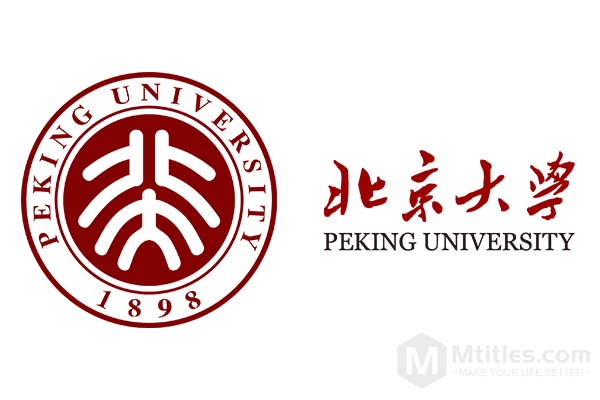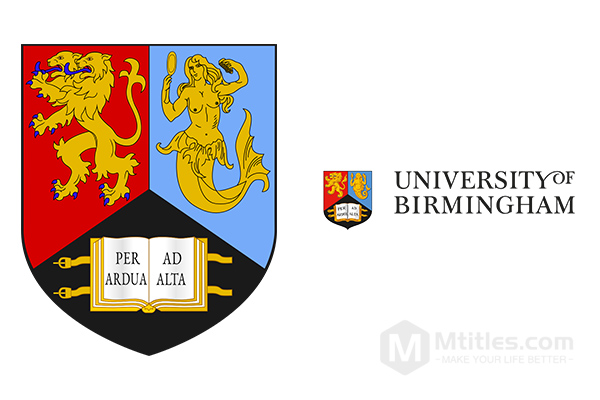#3 Stanford University

Basic Infomation:
World Position: No. 3
Nature of University: Private
Research Findings: Very High
Number of students: 16,164
Number of Teachers: 4,725
Number of international students: 7,879
Overview:
Stanford University, the full name is Leland Stanford Junior University, is located in the heart of Northern California's vibrant Silicon Valley, home to Yahoo, Google, HP and many other cutting-edge technology companies, and continues to be led by Stanford alumni and faculty. Nicknamed "billionaire factory", it is said that if Stanford graduates set up their own country, it will become one of the top ten economies in the world.
Stanford University was founded in 1885 and began to recruit students in 1891. It covers an area of about 33 square kilometers. It is one of the largest universities in the United States. It has 18 interdisciplinary research institutions and 7 colleges: Business School; School of earth, energy and Environmental Sciences; Graduate School of education; College of engineering; College of humanities; Law school; And medical school.
Founded by California Senator Lilan Stanford and his wife Jane, Stanford University aims to "promote public welfare by influencing human beings and civilization.". The couple's only child died of typhoid fever, and they decided to build a university on their farm in memory. From the beginning, the University was non sectarian, coeducational, affordable, teaching the traditional arts and the technology and engineering that were shaping the new America.
Stanford University and the University of California, Berkeley, North Bay, San Francisco form the academic center of the western United States, and are responsible for the operation and management of SLAC National Accelerator Laboratory, Hoover Institute and other institutions. For more than a century, Stanford University has 19 Nobel Laureates in its community, and often ranks among the top three universities in the world. Stanford University has laid a solid foundation for the formation and rise of Silicon Valley, and cultivated the leaders of many high-tech companies, including the founders of Hewlett Packard, Google, Yahoo, Nike, Logitech, snapchat, electronic arts, sun micro, NVIDIA, Cisco and LinkedIn. In addition, Stanford alumni include 30 wealthy entrepreneurs and 17 NASA astronauts. It is also one of the institutions of higher learning that train the most members of the US Congress. The Stanford campus, nicknamed "farm" since the time when horses roamed there, is now a thriving community of more than 11000 creative and accomplished people from all over the world. Almost all undergraduates and 60% of Postgraduates live on campus, so it's not surprising that there are more than 625 organized student groups in the campus.
Sports are very popular. Students and staff can enjoy the most advanced entertainment facilities and health plans. Stanford students participate in 36 school team and 32 club sports, including baseball, football, basketball and squash. The sports team is known as the "Stanford cardinal.".
Stanford University also has a rich tradition in fostering creativity and Art: a vibrant campus art district and two world-class museums that regularly hold exhibitions. Eight restaurants, a teaching kitchen and an organic garden provide healthy and sustainable meals for the campus community. The close community nature of campus life even gave birth to "Stanford language", a special language only used on campus.
About Undergraduate:
The Four-year Full-time Undergraduate Program at Stanford University aims to provide general education, broaden knowledge and awareness in each major area of human knowledge, and significantly deepen the understanding of one or more of these areas.
In addition to professional requirements, the only required areas are writing requirements, language requirements and the completion of courses entitled "mode of thinking" and "mode of thinking". I'm doing it.
You decide your major at the end of your freshman year. You can choose from a wide range of subjects, including science, art and humanities, language and social sciences.
Since 1891, Stanford University has had active fraternities and sisterhood on campus, although you won't be able to apply until the spring semester of your freshman year.
The University's proximity to Silicon Valley and state-of-the-art facilities make it an attractive proposition for many. As a result, Stanford University is one of the top three most selective universities in the United States, with an admission rate of 4.7% in 2018.
You can apply for examination results by completing a joint or alliance application and submitting it with the teacher's recommendation letter, official school transcript, mid year transcript, school report (including school counselor's recommendation letter), sat and thesis or act and writing, as well as a non refundable application fee of $90.
There are also some Stanford thesis questions you have to answer, such as, "tell us something that makes sense to you, and why." Interviews are optional. If you are an international student, you can follow the same application procedure, but you must be able to demonstrate fluency in English.
Stanford University's academic year is divided into several quarters. Undergraduate tuition is $16901 per quarter, with additional charges for accommodation and board and lodging. About 97% of undergraduates live in university dormitories, which include traditional dormitories, language and culture themed residences, cross-cultural themed residences, student management and cooperative residences, apartments, suites, fraternity and sisterhood.
Like many Ivy League schools, Stanford University has a comprehensive needs based financial assistance program for its undergraduates. If you apply to Stanford, you should apply for funding from all available sources, whether state, federal or private, and contribute your income through summer or part-time work. Only after these channels are exhausted and you still can't pay for them will the school offer scholarships.
About Postgraduate:
Since its establishment in 1891, graduate study has always been a major feature of Stanford University. Today, more than 9300 students from 90 departments and programs in all seven graduate schools of Stanford University are enrolled in master's and doctoral programs. They are: business; Earth, energy and Environmental Sciences; education Engineering; humanities; law; And medicine.
Recent data show that engineering is Stanford's most popular graduate school, accounting for about 40% of the total number of students. In the 2018 QS World University Discipline ranking, Stanford University's engineering and technology actually ranks second in the world, second only to MIT. After engineering, Stanford's second most popular graduate school is humanities and science, accounting for a quarter of graduate students.
One third of graduate students are international students, and 61% are male. Compared with Ivy League schools, most postgraduates (69%) are pursuing a master's degree.
To consider postgraduate study, candidates must provide three types of documents: statement of purpose, letter of recommendation and University transcript (academic record).
Departments may require additional materials, such as writing samples, so it is important for students to check the Department they intend to apply for in advance.
The $125 application fee is non refundable and all students must submit GRE scores as part of their application. In addition, non-native speakers of English must prove their language ability by submitting their official TOEFL scores.
Tuition at Stanford varies according to the course. In general, a graduate is expected to study at least eight units in the fall, winter and spring semesters at a quarterly cost of $10620 and is considered full-time.
Students who study more than 10 units a quarter, as well as graduate students in all medical, legal and business schools, charge more, at about $20000 a quarter.
For doctoral students, tuition can be offset by university scholarship, research assistant scholarship and teaching assistant scholarship. Under special circumstances, graduate students can also receive these, and charities, companies and external organizations also help Stanford graduate students to fund their studies.
Those with insufficient funds may need to use student loans, savings or other personal assets to pay for their education. More information about the financial aid available to Stanford students can be obtained directly from the University.







